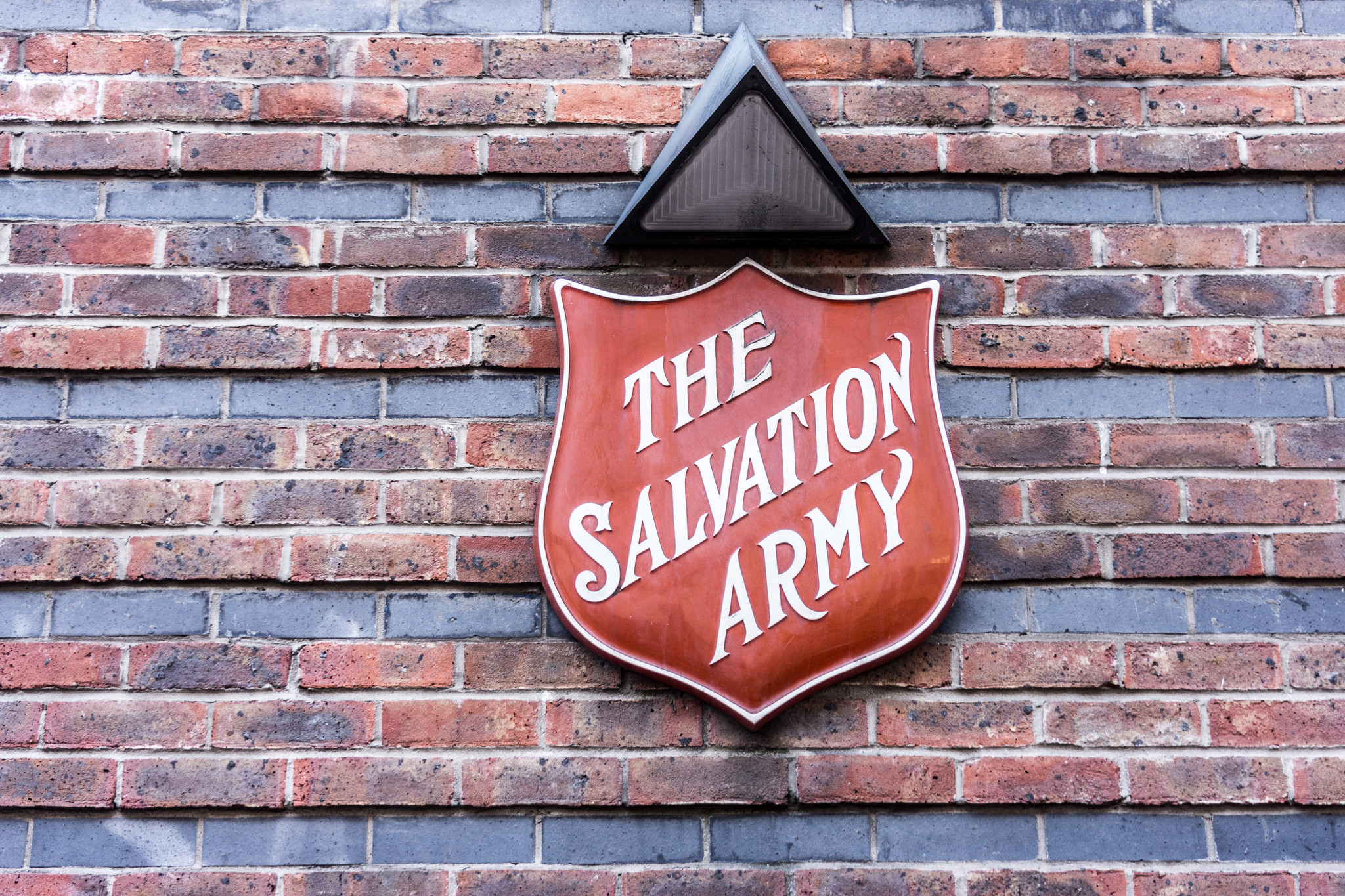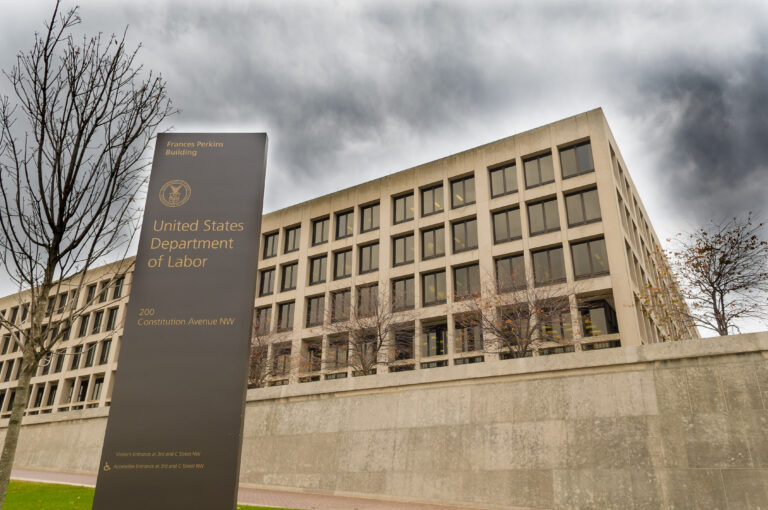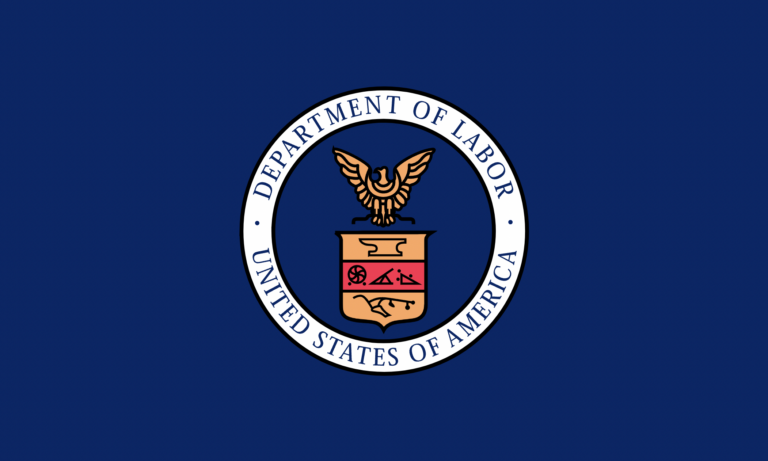
Amy L. Eisenstein is a student at Harvard Law School and a member of the Labor and Employment Lab.
The Salvation Army runs “180-day residential work-therapy programs” that allegedly “provide[] spiritual, social, and emotional assistance to people who have lost the ability to cope with their problems and provide for themselves.” What these centers don’t provide is minimum wages for the 40+ hours per week that participants must work. Individuals performing spurious and historically fraught “work therapy” should be considered “employees” within the meaning of the Fair Labor Standards Act (FLSA).
Annually, about 150,000 adults experiencing homelessness, poverty, drug or alcohol addiction, and/or mental illness participate in one of the Salvation Army’s 120 Adult Rehabilitation Centers (ARCs) nationwide. According to the Salvation Army, “work therapy . . . is designed to teach strong work habits and to restore self-esteem, creating a sense of self-worth and accomplishment that helps individuals reintegrate into society.” Ongoing lawsuits allege that in exchange for shared living quarters, food, donated clothing, and “individual counseling for both spiritual and character formation,” ARC participants: must work at least 40 hours per week; earn as little as $1 and at most $20–$30 per week; must turn over their public benefits, like food stamps, to the Salvation Army; are prohibited from seeking external work; and must attend worship services.
ARC participants work in the Salvation Army’s thrift stores. Their labor involves sorting donations, hanging clothing, testing electronics, operating machinery, loading heavy furniture into trucks, and sometimes driving those trucks to pick up or drop off donations. They work alongside individuals who are not enrolled in the program and who receive wages compliant with the FLSA. Participants who filed suit represent a class of plaintiffs who have not been ordered by a court to participate in the program.
The Salvation Army, “an evangelical part of the universal Christian Church,” has been operating these rehabilitation centers for more than a century. Yet legal controversy regarding ARCs has existed since at least 1990, when the Department of Labor ordered the organization to pay minimum wages to its participants. The Department noted that similar organizations, such as Goodwill Industries, Inc., are required to follow federal labor laws. The Salvation Army refused to comply with the Department’s order, filed a federal lawsuit, and lobbied Congress. The Department dropped the case, and the Salvation Army has continued operating ARCs without paying its workers for the past several decades.
Examples of this centuries-long practice of employers calling unpaid labor “therapy” abound. The Cenikor Foundation — “a nationally renowned drug rehab program in Texas and Louisiana” — has sent patients to labor, unpaid, for Walmart, Shell, and Exxon. Dozens of these unpaid laborers recovering from addiction have suffered serious injuries while working up to 80 hours per week for free. Another rehab program requires participants to work at its car wash, where a participant suffered chemical burns and died; some drug treatment programs send participants to work fourteen hours per day, six days per week at chicken plants, without pay. Many of these programs are court-ordered, while others aren’t.
“Work Therapy”
Philosophers and scholars have long praised the benefits of labor for the spirit. Enlightenment theories stipulated that work could provide therapy for people experiencing mental illness. Such “therapy” was called “moral treatment.” In asylums across Europe, it was thought that manual labor was “one of the ‘most effective and reliable means of restoring reason.’” Patients shored up institutional profits.
The United States also has a long history of forcing vulnerable populations into “work therapy.” In the eighteenth and nineteenth century, “workhouses” or “poorhouses” forced people to work or else they were expelled. Labor could supposedly cure the immorality that caused a person’s poverty. In the mid-twentieth century, programs like the Salvation Army’s sprang up across the United States.
Some scholars argue that “work therapy” is “labo[]r extraction masked as medical intervention.” Because the Salvation Army does not provide job placement services to participants, nor a wage through which they could accumulate savings for use after they leave the program, participants have alleged that people struggle with poverty and unemployment once the program ends. Poverty contributes to chronic stress that may leave people more susceptible to future substance abuse. These programs may effectuate“predatory inclusion” by giving participants access to a needed commodity — housing, clothing, etc. — necessarily dependent on participants’ exclusion from traditional employment protections.
Minimum Wage Claims for “Work Therapy”
Under the FLSA, an “employee” is “any individual employed by an employer.” To “employ,” under the statute, means “to suffer or permit to work.” ARC “permit[s] participants to work” under the direction and control of Salvation Army employees and thus, in the most basic sense, participants are employees under the Act. Given the relatively vague definitions under the FLSA, however, many courts apply an “economic reality” test. Evaluating a totality of the circumstances, courts inquire whether plaintiffs, “as a matter of economic reality . . . depend upon the business to which they render service.” Under this test, too, ARC participants should be considered employees.
The Court applied this test nearly fifty years ago in Tony & Susan Alamo Foundation v. Secretary of Labor. Defendant’s nonprofit religious organization, which purported to “minister to the sick and the needy, to care for the fatherless and to rescue the fallen,” generated revenue through its thrift store sales. “[D]rug addicts, derelicts, or criminals” who underwent rehabilitation staffed the stores. These “associates” received food, clothing, and shelter, but no wages. The Supreme Court held that the economic reality revealed that the associates were dependent on the organization; the in-kind benefits they received were “wages in another form.” So too here. In the current Salvation Army litigation, courts have pointed to this precedent as a reason to deny the Salvation Army’s motions to dismiss.
Some may question: If the Salvation Army is a 501(c)(3) providing services to program participants, why should participants be compensated for their labor? Comprehensive data regarding the effectiveness of unpaid work therapy programs as a “treatment” does not exist, but this is beside the point. The FLSA mandates that employers pay their employees a minimum wage, and rehabilitative services — whether successful or not — may not substitute for wages. Furthermore, nonprofit employees comprise about 13 million jobs in the United States, and we would not let these folks go unpaid simply because they work for a nonprofit organization. In 2024, the Salvation Army generated $556,638,000 in revenue from sales to the public through its stores. While this revenue may help the Salvation Army provide other charitable services, it should not be generated on the backs of unpaid laborers.
Consistent with the purpose of the FLSA and the Supreme Court’s holding nearly fifty years ago, ARC participants should be considered “employees” within the meaning of the Act. If they were to earn at least a minimum wage and overtime pay when they work more than forty hours in a week, program participants would be properly compensated for their labor and would be better financially prepared for life after the program, rather than being exploited and overworked, and severely underpaid.










Daily News & Commentary
Start your day with our roundup of the latest labor developments. See all
February 25
OSHA workplace inspections significantly drop in 2025; the Court denies a petition for certiorari to review a Minnesota law banning mandatory anti-union meetings at work; and the Court declines two petitions to determine whether Air Force service members should receive backpay as a result of religious challenges to the now-revoked COVID-19 vaccine mandate.
February 24
In today’s news and commentary, the NLRB uses the Obama-era Browning-Ferris standard, a fired National Park ranger sues the Department of Interior and the National Park Service, the NLRB closes out Amazon’s labor dispute on Staten Island, and OIRA signals changes to the Biden-era independent contractor rule. The NLRB ruled that Browning-Ferris Industries jointly employed […]
February 23
In today’s news and commentary, the Trump administration proposes a rule limiting employment authorization for asylum seekers and Matt Bruenig introduces a new LLM tool analyzing employer rules under Stericycle. Law360 reports that the Trump administration proposed a rule on Friday that would change the employment authorization process for asylum seekers. Under the proposed rule, […]
February 22
A petition for certiorari in Bivens v. Zep, New York nurses end their historic six-week-strike, and Professor Block argues for just cause protections in New York City.
February 20
An analysis of the Board's decisions since regaining a quorum; 5th Circuit dissent criticizes Wright Line, Thryv.
February 19
Union membership increases slightly; Washington farmworker bill fails to make it out of committee; and unions in Argentina are on strike protesting President Milei’s labor reform bill.